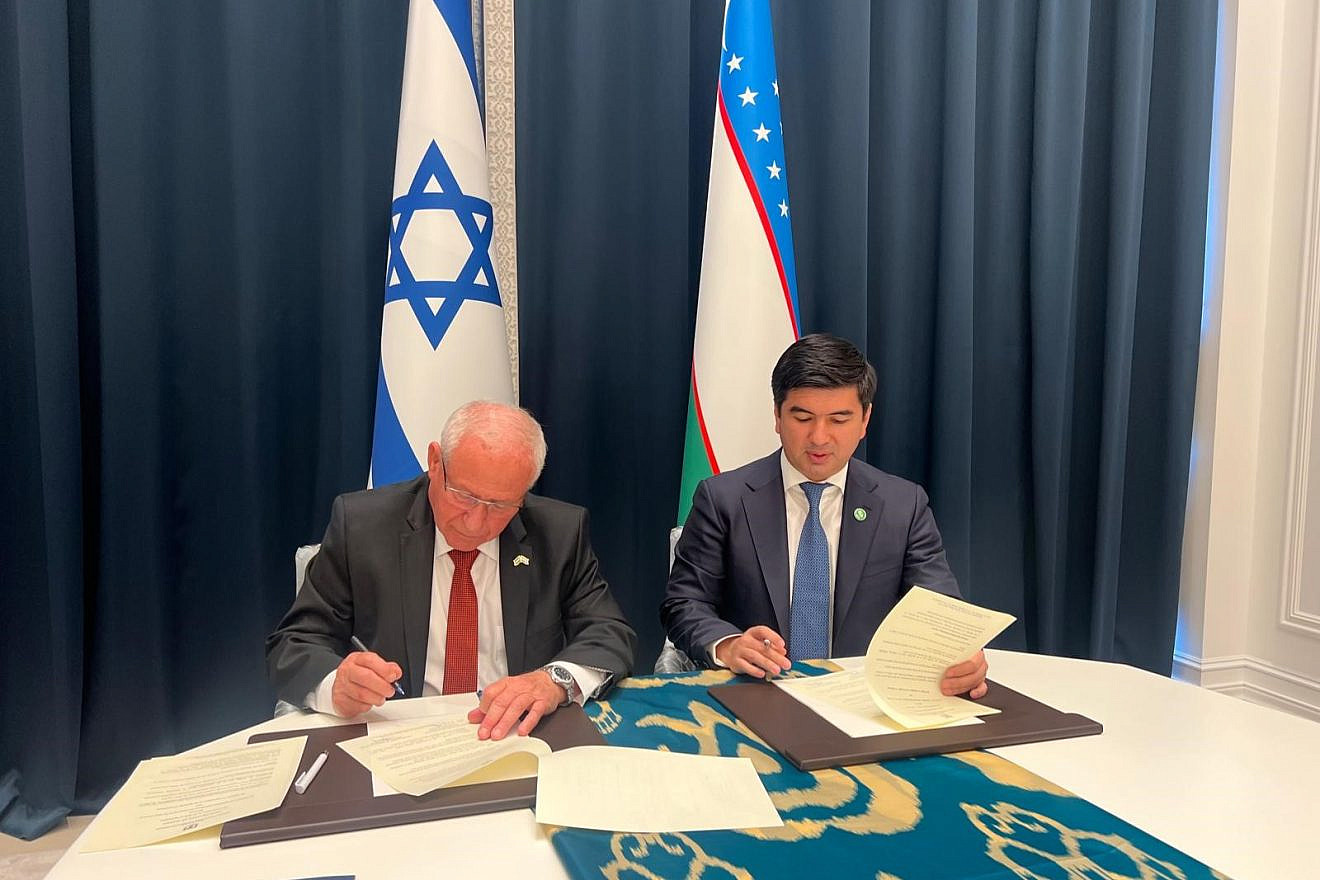In midst of global food crisis, Israel signs first-of-a-kind grain agreement with Azerbaijan and Uzbekistan
The agreement is expected to strengthen Israel’s long-term food security

The Jewish state signed a significant grain agreement with Azerbaijan and Uzbekistan on Monday in a deal that fits Israel's long-term strategy to diversify its wheat import sources amid uncertain global trends.
The strategic agreements are also expected to strengthen Israel’s long-term food security amid the ongoing global food crisis, partly fueled by the war in Ukraine.
Israel is highly dependent on external grain supplies, currently importing about 90% of its wheat consumption from external suppliers, including Ukraine. The majority of the wheat in Israel is used for animal feed. The COVID pandemic which began in 2020 and the ongoing war in Ukraine since early 2022 have disrupted global supply chains and caused significant price hikes on necessary goods.
Israeli Agriculture Minister Avi Dichter welcomed the signed strategic grain agreements.
“As part of the vision that we lead in the Agriculture Ministry to ensure food security… today, we are advancing another significant step toward ensuring agricultural produce, most of which is not produced in Israel,” said Dichter.
He vowed that Israel would ensure its long-term food security through partnerships with more countries.
“In this period of global uncertainty, many countries are interested in advancing with us out of common interests. We will continue to create more partnerships between the State of Israel and other countries, thereby ensuring food security for the citizens of Israel.”

In return for more secure grain supplies, the Jewish state will supply sophisticated agriculture technologies to both Azerbaijan and Uzbekistan.
Israel has developed particularly strong ties with Azerbaijan, a Muslim-majority state feeling threatened by its neighbor Iran.
In May, Israeli President Isaac Herzog visited leaders in Azerbaijan, where he discussed the shared Iranian threat.














